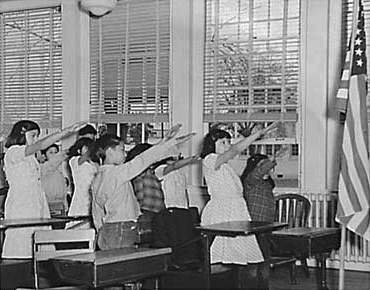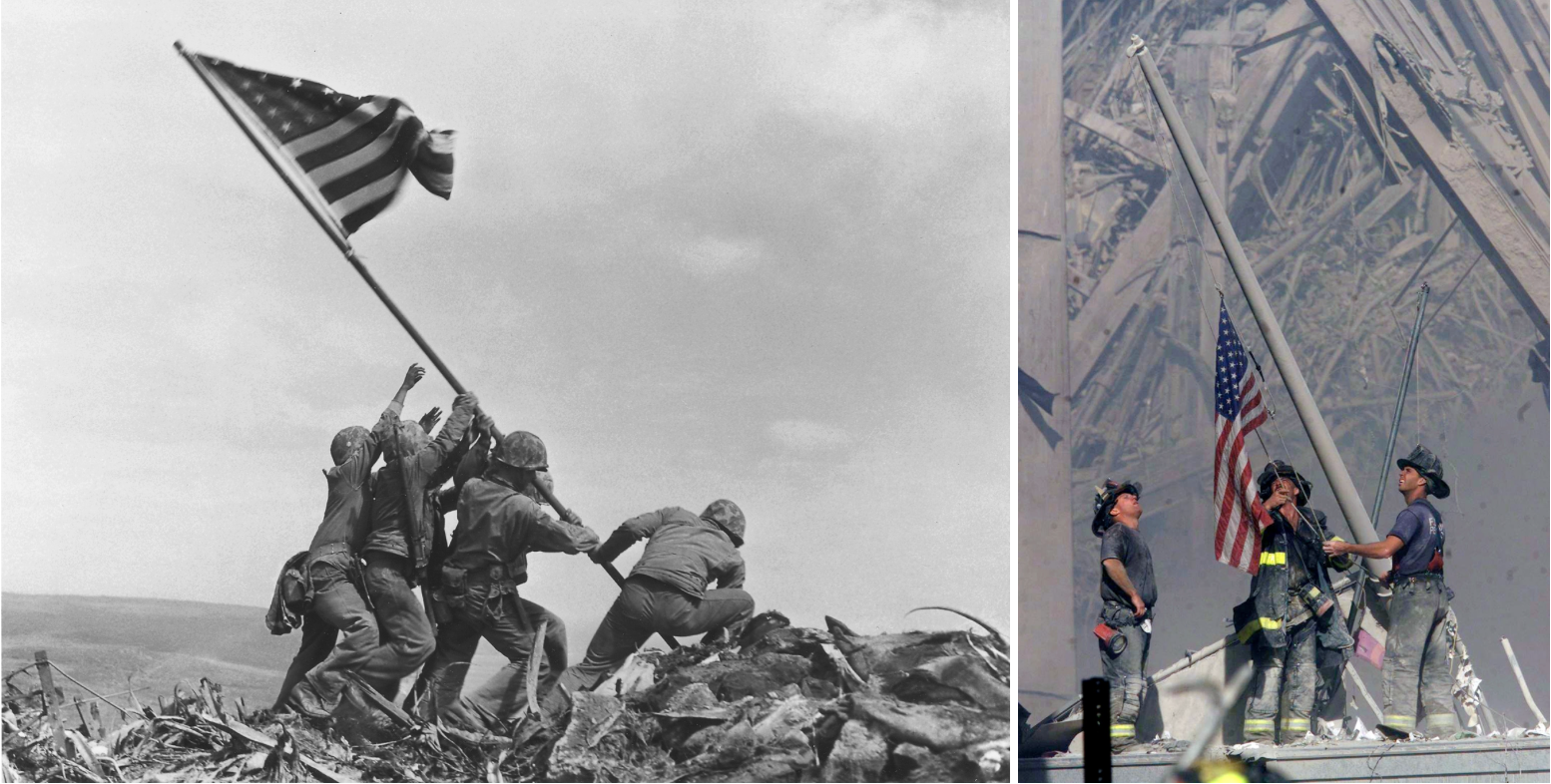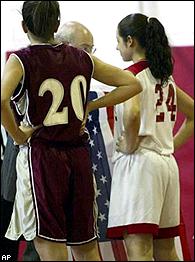Collected Quotes
Exceptions to Majority Rule

“No official, high or petty, can prescribe what shall be orthodox in politics, nationalism, religion, or other matters of opinion . . .
To believe that patriotism will not flourish if patriotic ceremonies are voluntary and spontaneous instead of a compulsory routine is to make an unflattering estimate of the appeal of our institutions to free minds.”
― U.S. Supreme Court Justice Robert Jackson, in West Virginia State Board of Education v. Barnette, 1943, striking down a requirement that school children salute the flag.
“One of the things that the flag stands for, the Court said that day, was the right not to salute it.”
— Ira Glasser, 1991. The Supreme Court decision was made in the middle of World War II.

Two patriotic moments. Spontaneous and not routine.
“I never meant this to be a public statement. I did it for my own self-respect and conscience. A lot of people blindly stand up and salute the flag, but I feel that blindly facing the flag hurts more people. ”

— Toni Smith, Manhattanville College sociology major and basketball player, February 25, 2003. Smith has been turning her back to the American flag during the pregame national anthem.
“Not respecting the flag is disrespecting your country and all the people who died for it. Especially now, when our soldiers are getting ready to go to war again.”
— Kirt Sloan, spectator, February 25, 2003
“Who’s the real red-blooded American in that picture, the athletic girl with a questioning mind and big heart who put her hands on her hips and stood there unafraid, or the old man running up to a young girl to try and bully her?”
— Ralph Wiley, ESPN, February 28, 2003. Jerry Kiley, a Vietnam veteran, ran onto the court with an American flag and confronted Smith.
“The act of protest is inherently patriotic. If that is not the case, it is immaterial whether the military has fought and sacrificed for the First Amendment freedom to protest.”
— Michael Heilbronner, Portland, Oregon, February 26, 2003. See Ira Glasser, above.

Reply
You must be logged in to post a comment.